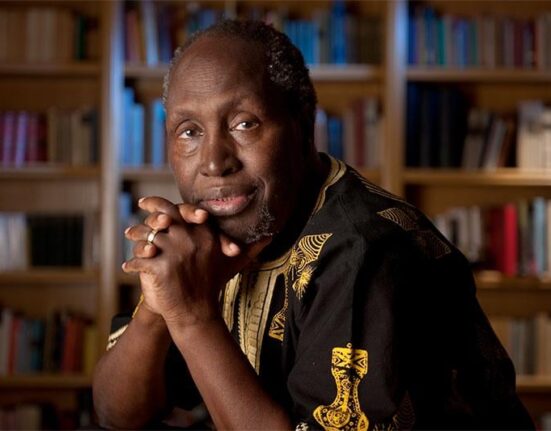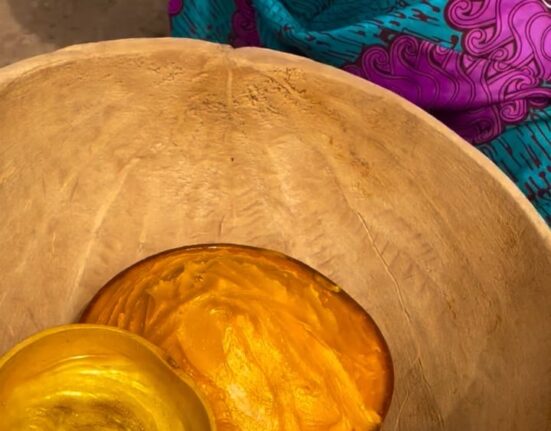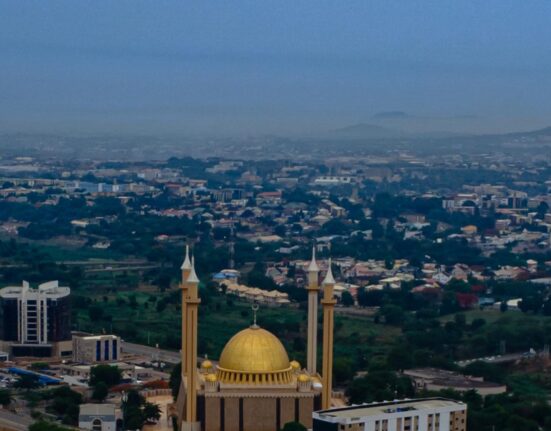In Zimbabwe, the Kalanga, Rozvi, Nambya, and Tonga communities have endured the lasting impact of linguistic and cultural suppression since 1837 at the hands of the Zulu invaders.
These indigenous groups have been deprived of their languages and forced to adopt the Zulu language and culture, erasing their own rich heritage and identities.
This historical injustice has left these communities marginalized and struggling to preserve their linguistic and cultural roots in the face of dominant external pressures..
The Zulu invasion of these communities in Zimbabwe marked a significant turning point in their history, leading to the imposition of a foreign language and culture that continues to impact their daily lives.
The suppression of their languages has not only affected communication within these communities but has also hindered their ability to pass down traditional knowledge and practices to future generations.
This loss of language and cultural heritage has contributed to a sense of cultural disconnection and alienation among the Kalanga, Rozvi, Nambya, and Tonga peoples..
The enduring legacy of linguistic and cultural suppression experienced by these communities highlights the broader issue of cultural imperialism and the erasure of indigenous languages and traditions across Africa.
The forced assimilation of these communities into the Zulu culture serves as a stark reminder of the ongoing challenges faced by many indigenous groups in maintaining their unique identities and heritage.
As efforts to revitalize and preserve indigenous languages gain momentum across the continent, the plight of the Kalanga, Rozvi, Nambya, and Tonga communities emphasizes the urgent need to support and protect linguistic diversity and cultural heritage in Africa..
Moving forward, it is crucial for stakeholders, policymakers, and communities to work collaboratively to empower these marginalized groups to reclaim and revitalize their languages and cultural practices.
By recognizing and celebrating the linguistic diversity and cultural richness of all African communities, steps can be taken to ensure that the Kalanga, Rozvi, Nambya, and Tonga peoples are able to assert their identities and preserve their heritage for future generations.
Efforts to promote multilingualism and cultural diversity can help foster a more inclusive and equitable society where all voices are heard and respected..









Leave feedback about this